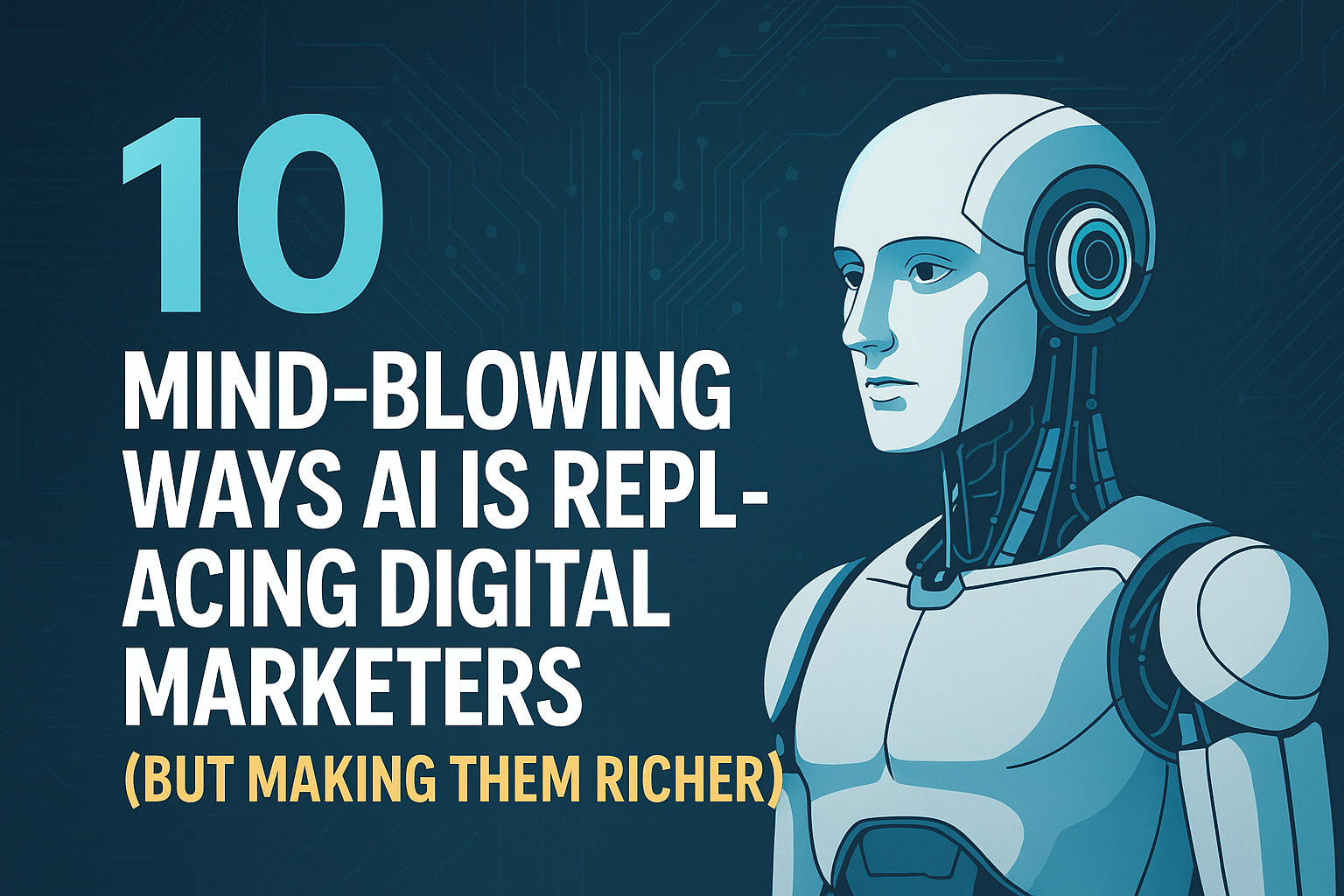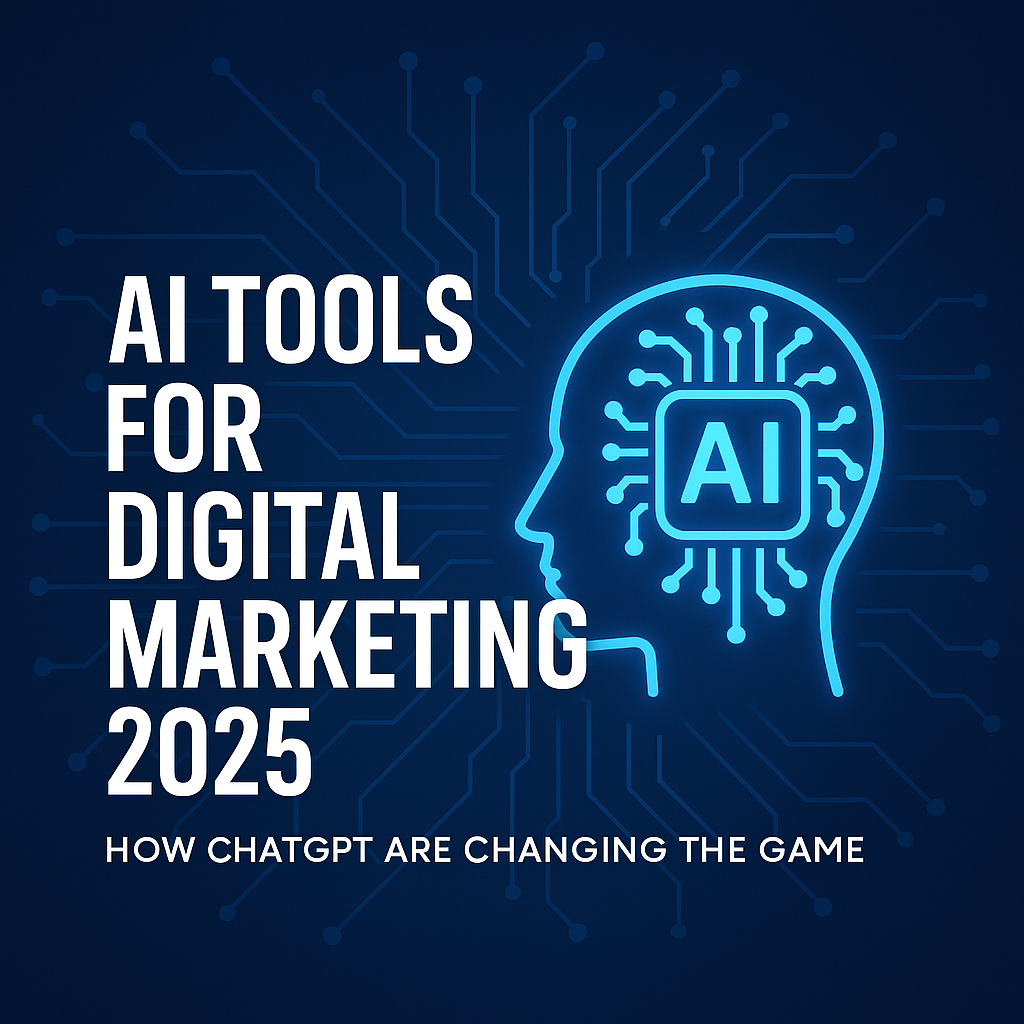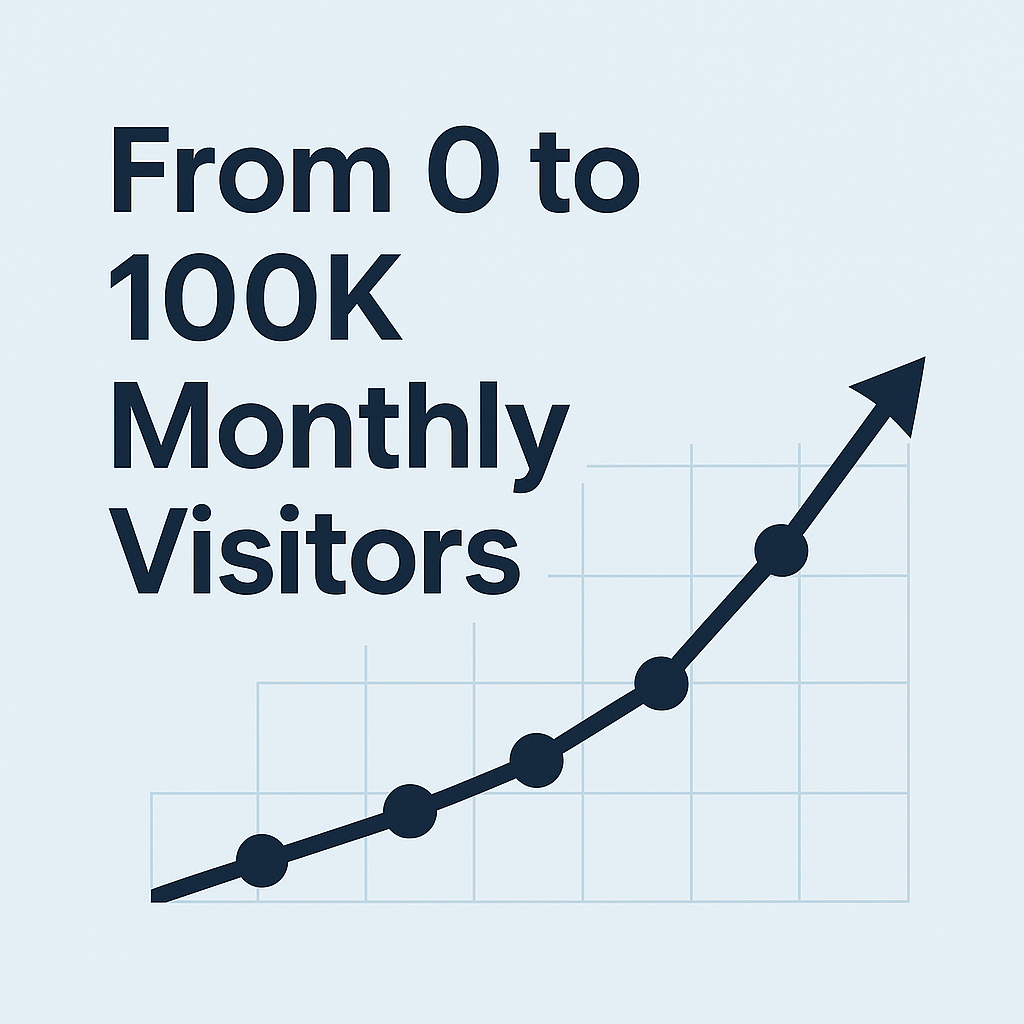AI in digital marketing automation: Are you still manually tracking your marketing campaigns? Struggling to stay on top of content creation, SEO, or customer segmentation? Well, that’s about to change—fast.
You see, the game of digital marketing is evolving. And it’s evolving quickly. Artificial Intelligence (AI) is not just a trend anymore. It’s a full-blown revolution, and AI in digital marketing automation is at the heart of it all. From automating tedious tasks to generating high-quality content, AI is taking over jobs that used to require hours of manual effort. And the best part? It’s not just making things easier—it’s making marketers wealthier.
If you’re still unsure about what AI can do for you as a digital marketer, here’s the reality: AI in digital marketing automation isn’t here to steal your job. It’s here to amplify your effectiveness and increase your income potential. The future of marketing isn’t just about staying ahead of the curve—it’s about completely reimagining the way we do things. And those who embrace it? They’re cashing in like never before.
Now, if you’re thinking AI sounds complicated or out of reach, let me stop you right there. This post is for anyone who’s serious about growing their business or career through smarter marketing tactics—whether you’re a seasoned digital marketer, a newbie looking to break into the industry, or a business owner wanting to stay ahead of your competition.
In this article, we’re diving deep into 10 mind-blowing ways AI is replacing traditional marketing tasks and how you can leverage these advances to become richer, faster. We’re talking about AI tools that take over everything from content creation to data analysis, freeing up your time to focus on strategic growth. Plus, we’ll explore how automation systems powered by AI are transforming SEO, advertising, and social media marketing—basically everything you need to know to stay competitive in the future of marketing.
You’ll discover how to automate your marketing processes, gain valuable insights with AI analytics, create personalized experiences at scale, and maximize ROI without breaking a sweat.
By the end of this post, you’ll be equipped with practical knowledge on AI in digital marketing automation, real-world examples of businesses crushing it with AI, and the tools that are making all of this possible. Ready to become one of the marketers who doesn’t just survive but thrives in this new AI-driven world?
Let’s dive in.
For Further Reading:
- Learn more about AI tools for content creation
- Check out our digital marketing automation guide for step-by-step instructions.
Section 1: AI-Powered Content Creation: Automating Blogs to Social Media Posts
Let’s face it: content creation is one of the most time-consuming parts of digital marketing. Whether you’re writing blogs, crafting social media posts, or creating video scripts, it feels like there’s never enough time in the day to do it all. But what if I told you that AI could handle most of the heavy lifting for you?
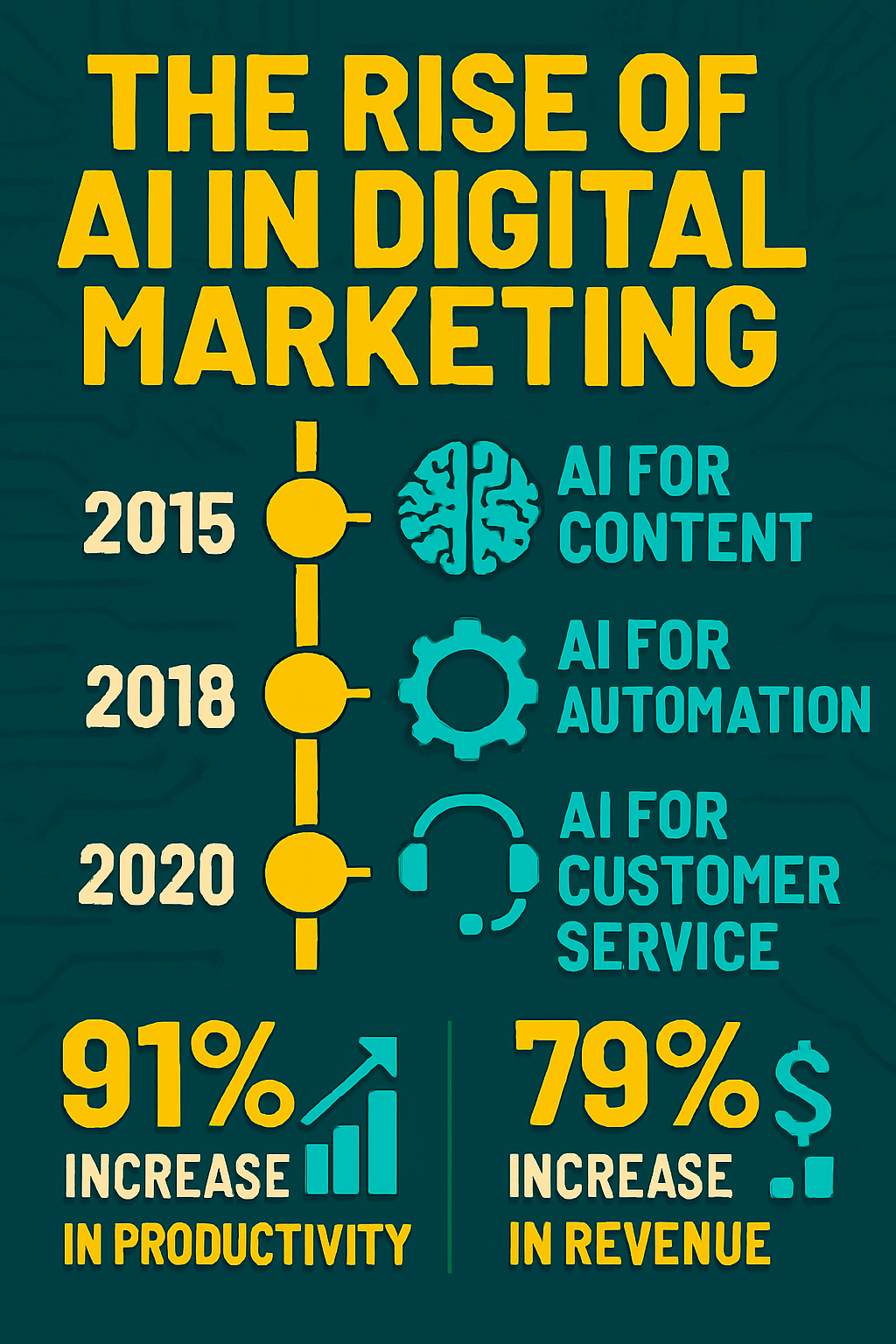
AI in digital marketing automation has made massive strides in content creation, and marketers are waking up to its potential. Imagine having an AI-powered tool that can write blog posts, social media captions, and even ad copy faster than any human could. And the best part? These tools are only getting better at producing content that resonates with your audience.
Tools like Jasper AI, Copy.ai, and ContentBot are leading the charge in this space. These platforms can analyze trends, keywords, and even your brand voice to generate high-quality content that feels human but is created in a fraction of the time. So, no more staring at a blank screen, wondering how to start your next blog post or social media caption. With AI, you can generate dozens of ideas and full-length articles in mere minutes.
But it doesn’t stop there. AI can also help you optimize your content for better reach and engagement. Tools like Surfer SEO use AI to analyze top-ranking content for specific keywords, telling you exactly what needs to be included in your content to improve its chances of ranking higher on search engines. By leveraging AI, marketers are creating content that’s not only faster but smarter.
Let’s look at a practical example: Imagine you’re running an eCommerce store, and you need fresh product descriptions for hundreds of items. Instead of manually writing each one (yikes, right?), you could use AI-powered content tools to generate product descriptions in bulk, tailored specifically to each product’s features, target audience, and SEO goals.
Here’s the kicker: the more you use AI, the more efficient you get at content creation, and the more you can scale. Whether you’re creating blogs, social posts, email campaigns, or even scripts for videos, AI helps automate much of the work, freeing up your time to focus on strategy.
The bottom line? AI in digital marketing automation is taking over content creation. And the marketers who are smart enough to adopt these tools? They’re able to pump out more content, with higher quality, at a fraction of the time it used to take—making their businesses (and their pockets) much richer in the process.
Want to see AI in action?
- Jasper AI can help you create content like never before.
- Check out Surfer SEO for AI-powered content optimization.
Section 2: AI in Marketing Automation: Streamlining Campaigns Like Never Before
Marketing automation has always been a game-changer. But when you throw AI in digital marketing automation into the mix, it becomes a whole different beast. Gone are the days when marketers spent hours manually segmenting customers, optimizing campaigns, or tweaking email sequences. With AI, everything runs on autopilot, and the results speak for themselves.
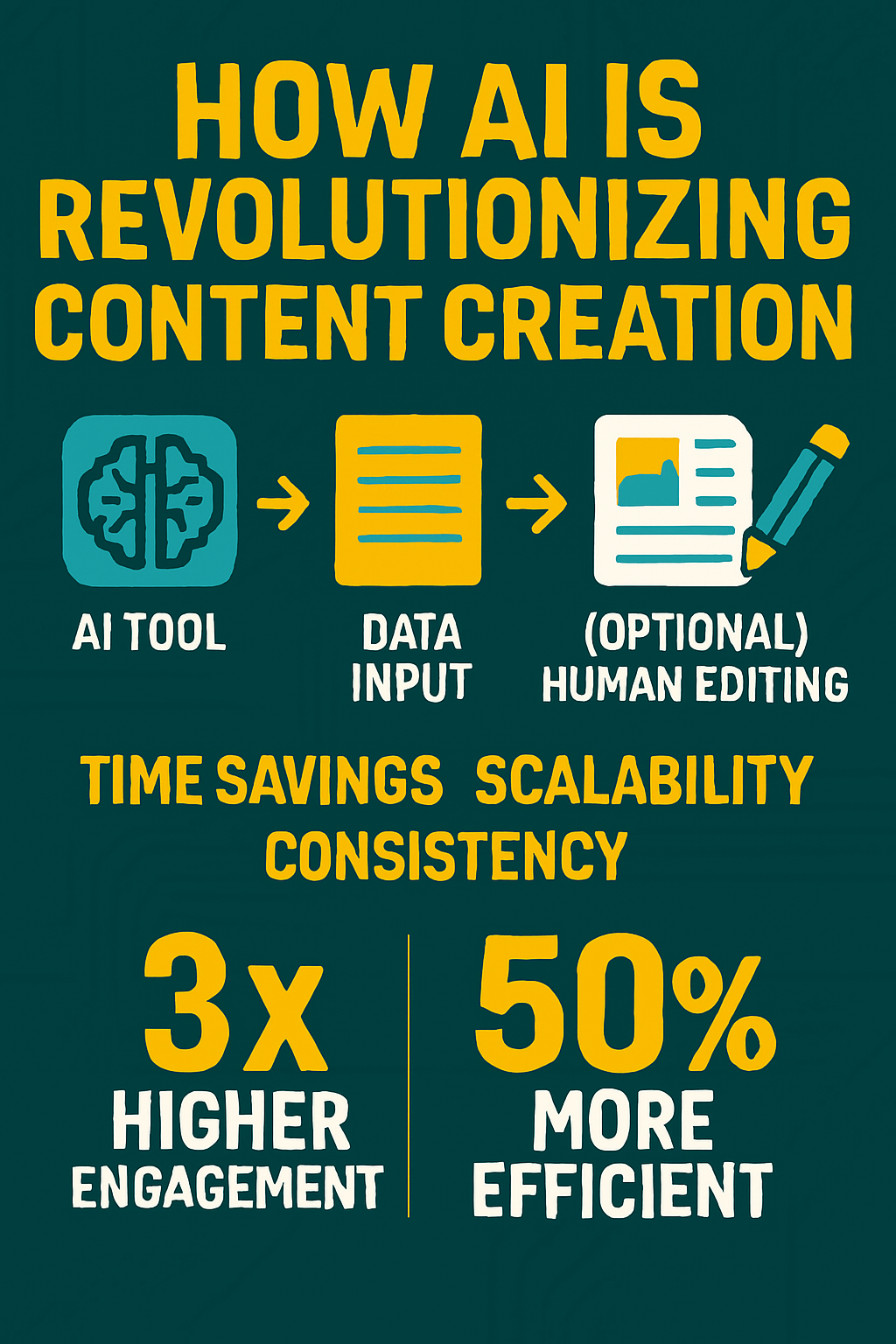
AI-powered tools are transforming the way we approach marketing automation. Platforms like Marketo Engage, HubSpot, and ActiveCampaign are leading the charge, using AI to make smarter decisions on the fly. Instead of manually adjusting email schedules or running A/B tests, these platforms use machine learning to continuously optimize your campaigns based on real-time data. AI evaluates customer behavior, predicts what they’ll do next, and then takes action without any human intervention. The system is constantly learning and improving, so your campaigns get smarter as they go.
For example, let’s say you’ve set up an automated email campaign for a new product launch. Instead of just sending generic emails to everyone, AI-powered automation tools will analyze individual user behavior—like previous purchases or website interactions—and send targeted emails based on those actions. This level of personalization was once reserved for high-touch marketing, but now it’s available at scale, making your campaigns both more efficient and more profitable.
Another powerful feature of AI in marketing automation is its ability to optimize customer journeys. AI can track every interaction a potential customer has with your brand, from the first ad they click to the moment they make a purchase. By understanding each customer’s unique path, AI can help marketers deliver highly targeted content at precisely the right moment in the buyer’s journey. Whether it’s recommending products, sending abandoned cart reminders, or personalizing landing pages, AI ensures every touchpoint is optimized for conversion.
But here’s the kicker—AI doesn’t just automate tasks. It improves your overall marketing strategy. By automating the nitty-gritty, you free up your time to focus on more high-level activities like refining your brand strategy, testing new campaign ideas, or improving customer engagement. AI handles the repetitive, data-driven tasks that used to drain your time and energy, allowing you to scale faster and more efficiently.
Ultimately, AI in digital marketing automation isn’t just about saving time—it’s about creating better, more personalized experiences that drive results. When marketers use AI to automate processes, they don’t just work harder—they work smarter. And that means more revenue, less effort, and a whole lot of time saved.
Want to see how AI can supercharge your marketing automation?
- Marketo Engage is an industry leader in AI-driven automation.
- Get started with HubSpot to automate and optimize your campaigns.
Section 3: AI for Data Analysis and Insights: Turning Data into Dollars
In today’s digital world, data is everything. But raw data is useless unless you can analyze it, draw meaningful insights from it, and use it to make informed decisions. Enter AI in digital marketing automation. Gone are the days of manually sifting through spreadsheets or relying on guesswork. AI is here to make data analysis smarter, faster, and far more accurate, allowing digital marketers to extract insights that lead to actionable strategies and ultimately, more revenue.
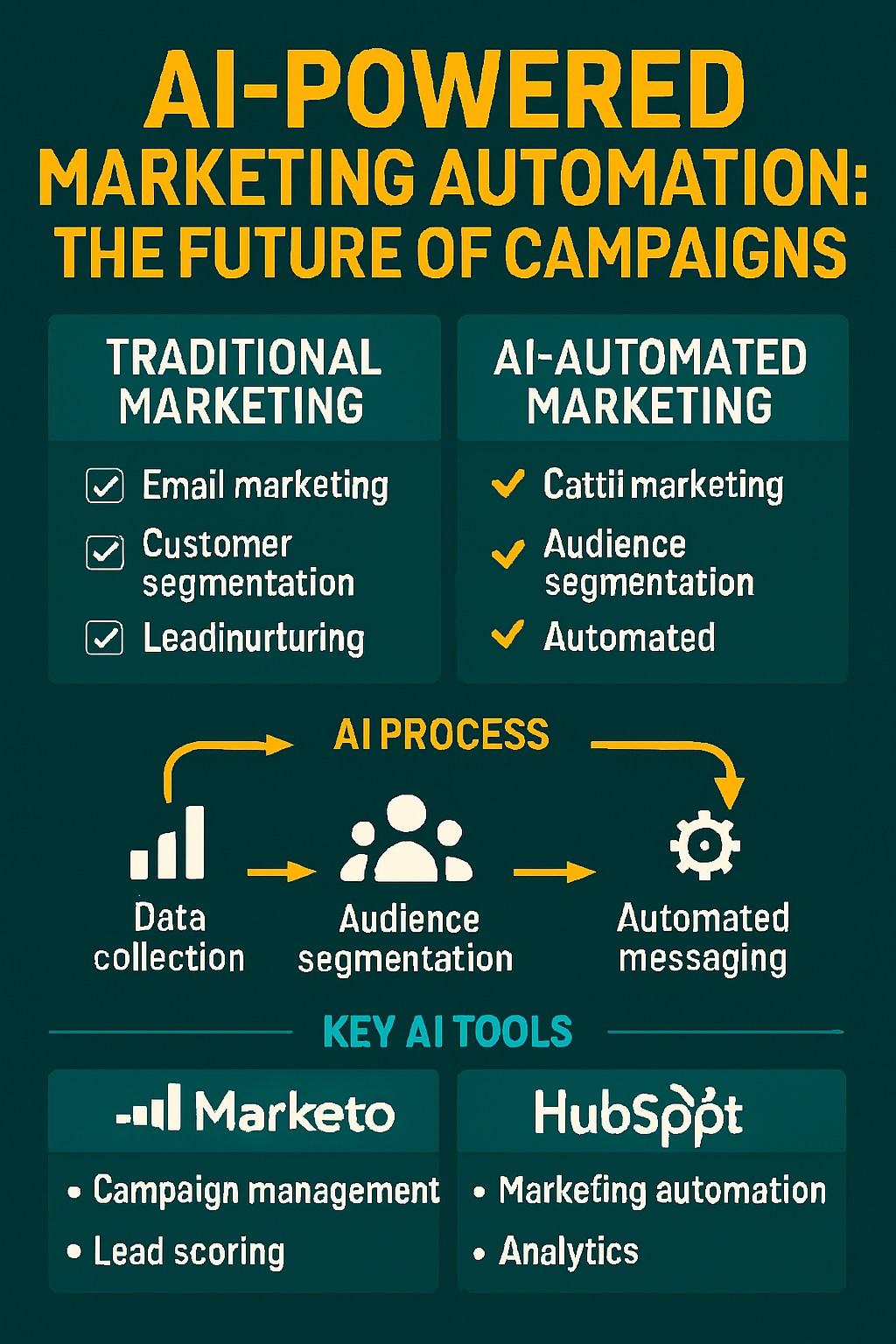
AI-powered tools are transforming how we interpret marketing data. Traditional analytics platforms can give you a general overview of your performance, but AI takes it a step further. Tools like Google Analytics 4 (GA4), Sprout Social, and Funnel.io are leveraging AI and machine learning to not only track metrics but also predict future trends, behaviors, and outcomes.
For instance, let’s say you’ve launched a new ad campaign. Instead of simply tracking clicks and impressions, AI can analyze patterns in customer behavior, such as which ads are most likely to convert or which segments are more responsive to specific offers. This means that, in real-time, AI can suggest changes to your campaign—adjusting targeting, tweaking ad copy, or reallocating budget—without you lifting a finger. It’s like having a marketing analyst on-call 24/7, constantly optimizing your campaign for maximum results.
Even beyond campaign performance, AI in digital marketing automation can be used to uncover hidden opportunities. AI tools can analyze large datasets to identify trends or consumer preferences that might have been missed otherwise. For example, you might discover that a certain demographic responds better to a specific type of content, or that your most engaged customers are coming from a previously unnoticed channel. Armed with this knowledge, you can shift your strategy and focus on what works, rather than wasting resources on tactics that aren’t paying off.
The ability to predict customer behavior and campaign performance is where AI truly shines. By using AI-driven predictive analytics, you can forecast customer churn, anticipate which leads are most likely to convert, and even predict the lifetime value of individual customers. This type of data-driven insight empowers marketers to make smarter decisions faster, leading to better outcomes and higher ROI.
The power of AI in digital marketing automation lies in its ability to do all the heavy lifting when it comes to data analysis. You get better insights, more accurate predictions, and a clearer understanding of your marketing performance—all in real-time. And the best part? AI does all of this in the background, so you can focus on strategy, creative execution, and building meaningful customer relationships.
Want to see AI in action for data analysis?
- Explore Google Analytics 4 to supercharge your data insights with AI.
- Sprout Social uses AI to analyze social media trends and customer engagement for better decision-making.
Section 4: AI in Advertising: Smarter Ads, Better Results
If you’re running digital ads and still relying on old-school methods to optimize them, you’re seriously leaving money on the table. Enter AI in digital marketing automation—the game-changer for digital advertising that is making ads not only smarter but also far more profitable.
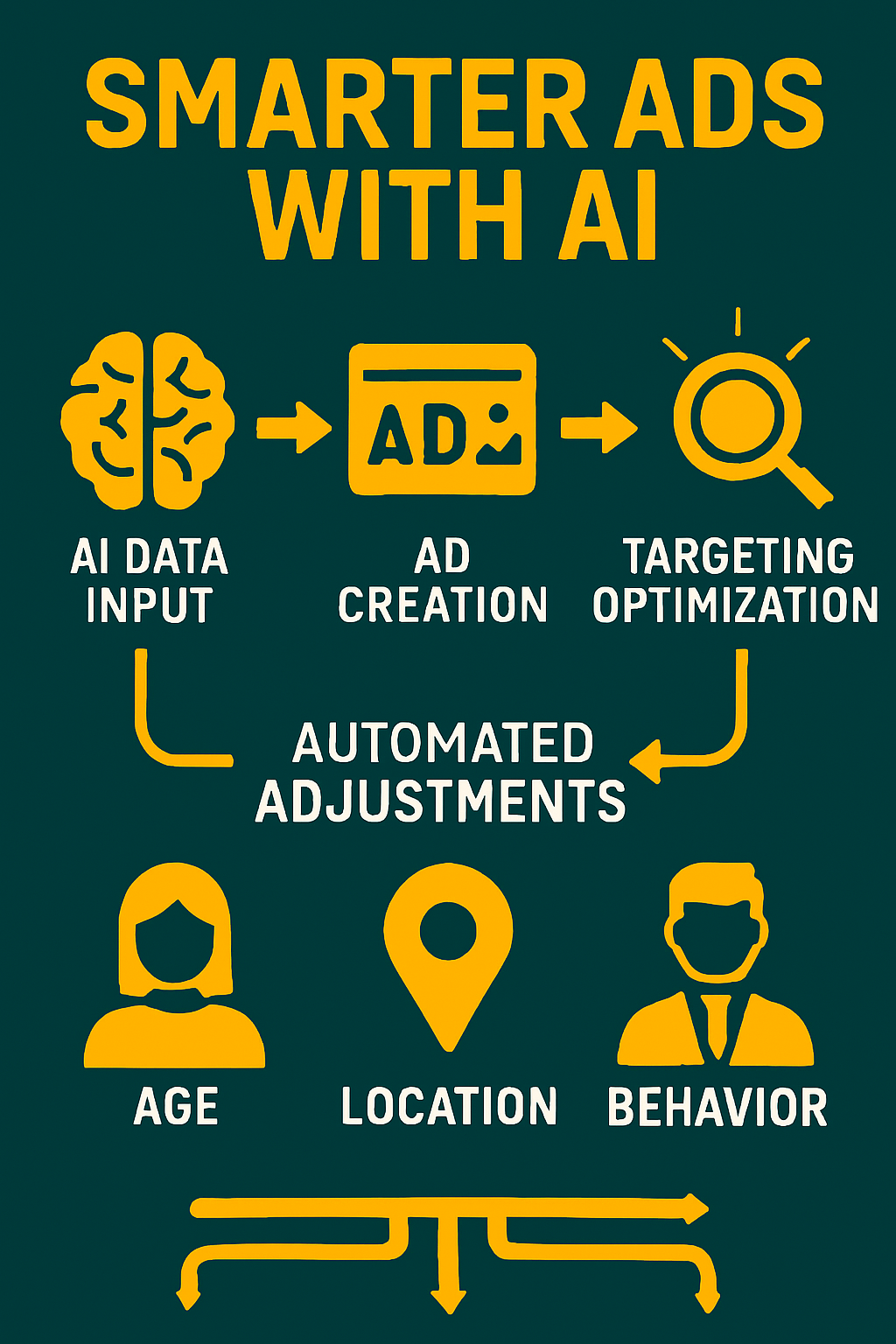
Gone are the days of creating a single ad and hoping it performs well. With AI-powered tools, digital advertisers can now optimize their ad campaigns in real-time, ensuring that every dollar spent is driving the highest possible return on investment. Whether you’re working with Google Ads, Facebook Ads, or even newer platforms like TikTok, AI is the secret sauce to scaling your campaigns while keeping costs down.
AI in advertising isn’t just about targeting the right audience—it’s about creating personalized ads that speak directly to individuals based on their behavior, preferences, and needs. Let’s break it down: AI uses machine learning to analyze vast amounts of customer data—like past interactions, demographics, interests, and even browsing behavior—to predict the best types of ads for each person. This means no more random targeting. Your ads are now hyper-relevant, showing up in front of the right people at the right time.
For example, Meta’s AI-driven ad platform continuously optimizes your ad creatives, adjusting images, copy, and even budget allocation based on the performance of each individual ad. Rather than relying on manual adjustments or guesswork, AI learns from past campaigns to automatically scale the ads that perform best and dial down the ones that aren’t working.
Another massive advantage of using AI in digital advertising is dynamic ad creation. In the past, you had to create multiple variations of an ad and test them manually. Today, AI does all of this work for you. It creates and tests hundreds of ad variations (from different headlines to different images), continuously optimizing them in real-time. This way, you’re not just running one ad—you’re running hundreds of variations, each tailored to specific segments of your audience. This level of automation and personalization simply wasn’t possible before.
But wait, there’s more. AI tools like Google’s Smart Bidding or Facebook’s automated ad management allow marketers to set their objectives (whether it’s conversions, clicks, or impressions) and then let AI manage the bids in real-time. It adjusts bids, based on competition, user behavior, and conversion likelihood, ensuring you’re always spending your budget in the most efficient way possible. No more worrying about manual adjustments—AI handles all of that for you.
In short, AI isn’t just improving advertising; it’s completely transforming it. AI in digital marketing automation gives you the ability to run smarter, more efficient ad campaigns that deliver measurable results—without needing to manually tweak everything yourself. It’s the key to unlocking higher conversion rates, lower costs, and scalable ad strategies that make you richer, faster.
Want to automate your ads with AI?
- Meta’s AI-driven ads lets you run smarter, more effective campaigns.
- Check out Google Smart Bidding to optimize your ad spending with AI in real-time.
Section 5: AI Chatbots and Customer Service: 24/7 Support That Never Sleeps
Customer service is the backbone of any successful business. But let’s be real—handling customer inquiries 24/7, dealing with thousands of requests, and making sure every interaction is meaningful and efficient is a daunting task for any marketer. This is where AI in digital marketing automation is stepping in to completely overhaul the customer service game.

AI-powered chatbots have become one of the most valuable tools in digital marketing today. Not only do they streamline communication, but they also provide immediate, accurate responses to customers around the clock. Gone are the days of waiting on hold for hours or getting stuck with unhelpful responses. Now, AI chatbots can handle most customer inquiries instantly, leaving your human agents to focus on complex problems that require a personal touch.
Take ChatGPT or Drift—these AI-powered chatbots can instantly engage with website visitors, answer frequently asked questions, qualify leads, and even recommend products. Imagine a potential customer landing on your site at 2 a.m. and being greeted by a chatbot that guides them through your product offerings, answers questions, and even helps them complete a purchase. All of this is happening while you’re fast asleep. That’s the kind of service you can only get with AI.
But it’s not just about answering questions—it’s about delivering personalized customer experiences at scale. AI chatbots analyze customer data and behavior to tailor responses and suggest actions based on past interactions. For example, if a customer has previously bought a specific product, the chatbot can suggest complementary items or even offer discounts based on their buying history. This level of personalization creates a more engaging experience that drives customer loyalty and repeat business.
The beauty of AI chatbots is in their 24/7 availability, which is crucial in a world where customers expect instant gratification. AI-powered support doesn’t sleep, which means customers can get the help they need, when they need it. This leads to higher satisfaction rates and, most importantly, better conversion rates. By automating routine customer service tasks, AI allows your team to focus on more strategic efforts while simultaneously improving the overall customer experience.
In fact, businesses that leverage AI chatbots are already seeing significant cost savings. According to a report by Business News Daily, companies that use AI-powered chatbots have reduced customer service costs by up to 30%. That’s a huge win for businesses looking to scale without increasing their operational costs.
Bottom line: AI in digital marketing automation is transforming customer service, making it faster, smarter, and more cost-efficient. Chatbots can handle anything from basic questions to complex support issues, delivering better experiences for customers and freeing up your team to focus on high-level strategies.
Want to add a chatbot to your website?
- Drift provides an AI-driven chat solution for customer engagement and lead qualification.
- Try Intercom for AI-powered messaging that connects customers with personalized support.
Section 6: AI in SEO and Content Optimization: Ranking Higher, Faster, Smarter
If you’re still spending hours manually tweaking SEO strategies—optimizing meta descriptions, researching keywords, analyzing backlinks—then you’re behind the curve. The future of SEO is already here, and it’s powered by AI in digital marketing automation.
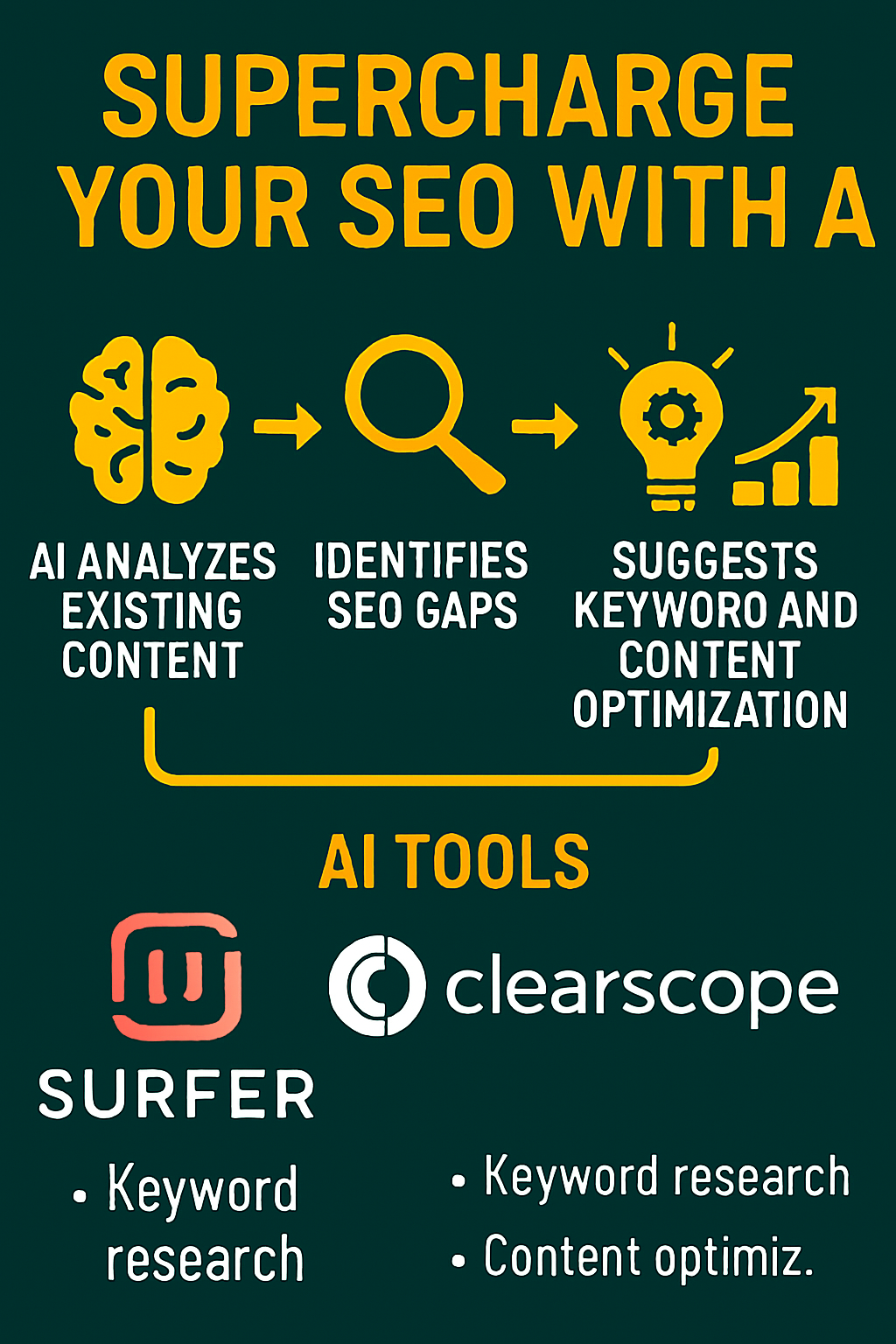
Search Engine Optimization (SEO) used to be an art: a delicate balance of keyword placement, link building, and content creation. But with the rise of AI, SEO has become more science than art, with algorithms that don’t just rank content but also understand intent, behavior, and engagement. In short, AI tools are doing the heavy lifting for SEO experts, allowing them to focus on refining strategies and driving better results.
Take Surfer SEO and ContentBot, for example. These AI-powered tools are game-changers in the SEO world. They don’t just suggest keywords; they analyze top-ranking pages and identify the gaps in your content strategy that you can leverage to rank higher. These tools can tell you which words and phrases to include in your content to beat your competitors. But it doesn’t stop there—AI-powered SEO tools can also help optimize your content’s structure, readability, and user experience to align with what Google’s algorithms are looking for. The result? Your content ranks higher, faster, and more effectively.
AI is also revolutionizing the way we do keyword research. While traditional methods relied on guessing which terms would drive traffic, AI tools can now analyze massive amounts of data to predict exactly what people are searching for. AI-based platforms like Clearscope and SEMrush analyze the competition, search volume, and even intent behind specific keywords, giving marketers a clearer understanding of what to target. It’s not just about the most popular keywords anymore—it’s about finding the keywords that will actually drive conversions, too.
One of the most powerful aspects of AI in SEO is its ability to automatically optimize your content for search engines. AI can analyze your content and suggest improvements, such as adding more relevant keywords, using better headings, or shortening sentences for readability. With tools like Surfer SEO, marketers can quickly identify and fix issues that might prevent their pages from ranking well. In the past, this would’ve taken a lot of time and manual effort, but AI does it almost instantly.
And let’s not forget about AI-driven link building. AI tools now have the capability to identify high-authority websites and opportunities for backlinks, drastically reducing the time you would have spent on manual outreach. Platforms like Ahrefs and Moz use AI to automate much of the link-building process, allowing you to focus on creating quality content that attracts links organically.
With AI in digital marketing automation, SEO becomes far more strategic, efficient, and scalable. Marketers can implement data-driven decisions without spending countless hours analyzing data manually. In the end, it’s not just about ranking higher; it’s about ensuring that your SEO efforts are optimized to generate more qualified traffic, better engagement, and, ultimately, higher conversions.
Want to supercharge your SEO with AI?
- Try Surfer SEO to optimize your content and rank higher with AI-driven insights.
- Get started with Clearscope for data-backed keyword research and content optimization.
Section 7: AI in Social Media Marketing: Automating Engagement for Massive Growth
Social media marketing has always been about creating engaging content, interacting with your audience, and staying relevant in an ever-changing landscape. But let’s face it—managing multiple platforms, posting consistently, responding to comments, and analyzing performance can be overwhelming. And if you’re still doing all of this manually, you’re missing out on the massive potential that AI in digital marketing automation offers for social media.
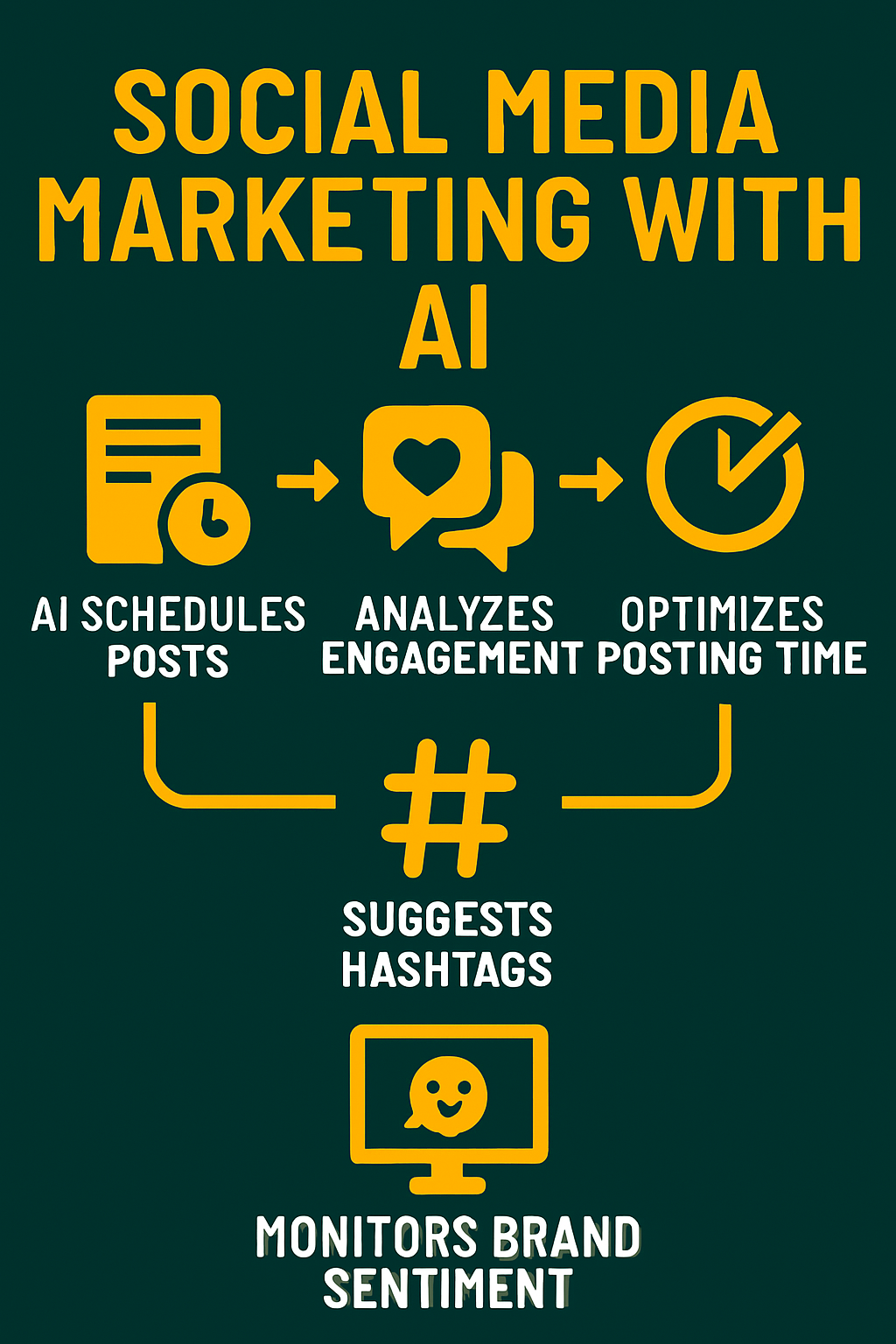
AI tools are transforming the social media marketing space by automating tedious tasks, optimizing content, and providing insights that were previously impossible to gather. Platforms like Buffer, Hootsuite, and Sprout Social are incorporating AI to make social media management smarter, more efficient, and more effective. These AI-powered platforms can now analyze your audience’s preferences, predict the best times to post, and even suggest content that is most likely to engage your followers.
For example, Buffer’s AI can suggest the best times to post on your social media accounts based on when your audience is most active. No more guessing or wasting time posting at suboptimal times. The AI does all the heavy lifting, ensuring that your content reaches your audience when they are most likely to engage. Similarly, Hootsuite’s AI-powered tools can automatically recommend the best-performing hashtags, ensuring that your posts reach a wider and more relevant audience.
Content creation and curation are also being revolutionized by AI. Tools like Lately.ai use natural language processing (NLP) to analyze the content you’ve already created and then generate social media posts based on the insights it gathers. Whether it’s turning a blog post into multiple social media captions or pulling out key insights to create posts, AI can generate high-quality social content at scale—saving you time and effort while maintaining a consistent brand voice.
AI also has a game-changing impact on social media engagement. Platforms like Chatfuel and ManyChat are making it easier to engage with your audience through AI-powered chatbots on platforms like Facebook Messenger or Instagram. These chatbots can answer questions, provide personalized recommendations, and even qualify leads, all without any human intervention. The result? You’re able to interact with hundreds or even thousands of users simultaneously, offering a personalized experience that would’ve been impossible with human labor alone.
But the true power of AI in social media lies in its ability to automate and optimize advertising. Facebook Ads, Instagram Ads, and LinkedIn Ads all use AI to automate the creation of ad campaigns and optimize ad spend. AI analyzes user behavior, identifies patterns, and automatically adjusts targeting to deliver the most relevant ads to the most relevant users. The end result? Lower cost-per-click (CPC), higher engagement rates, and ultimately, better ROI on your ad spend.
The beauty of AI-powered social media marketing is that it allows you to scale your efforts without sacrificing personalization. AI in digital marketing automation helps you reach more people, with more relevant content, and do it all more efficiently. Whether it’s creating content, engaging with your audience, or running ads, AI is your key to social media marketing success.
Want to automate your social media marketing?
- Check out Buffer for AI-driven social media scheduling and optimization.
- Explore Hootsuite to supercharge your social media campaigns with AI-powered insights.
- Automate your engagement with ManyChat for Facebook and Instagram chatbots.
Section 8: AI in Personalization and Customer Experience: Tailoring Every Interaction
In today’s crowded digital marketplace, personalization is no longer a luxury—it’s a necessity. Consumers expect tailored experiences, whether they’re browsing your website, receiving an email, or interacting with your brand on social media. If you’re not delivering that personalized experience, you’re falling behind. But personalizing every customer interaction at scale used to be a massive challenge. Now, with AI in digital marketing automation, it’s easier than ever to deliver hyper-relevant, personalized content, product recommendations, and experiences at scale.
AI is revolutionizing personalization across the entire customer journey. Whether it’s on your website, in email campaigns, or through retargeting ads, AI can analyze customer data to predict what they’re most likely to engage with or purchase next. This data-driven approach allows you to send the right message to the right person at the right time, significantly improving engagement and conversion rates.
AI-driven recommendation engines are one of the most powerful tools marketers have in their arsenal today. Think about how Amazon recommends products based on your browsing and purchase history. Or how Netflix suggests new movies based on what you’ve watched in the past. These are real-world examples of how AI is enhancing personalization by predicting what users want before they even know it. This isn’t limited to large companies. AI-powered recommendation engines, like Dynamic Yield and Algolia, are accessible to marketers of all sizes, allowing you to offer personalized experiences that drive revenue.
AI is also transforming email marketing by enabling personalized content at scale. Instead of sending the same email to your entire list, AI can tailor email content based on individual behavior, such as previous purchases, browsing habits, or demographic data. Tools like Mailchimp and ActiveCampaign use AI to segment your email list automatically and deliver the right message to the right person. This level of personalization leads to higher open rates, better engagement, and ultimately more sales.
Let’s take a real-life example: Imagine you run an online store, and a customer visits your site to browse your collection of workout gear. They look at a few items but don’t make a purchase. With AI-powered retargeting ads, you can automatically display the products they viewed on Facebook, Instagram, or other platforms, reminding them of what they’re missing. This keeps your brand top of mind and brings them back to complete their purchase. Without AI, this level of personalization would require extensive manual effort and would be nearly impossible to scale.
AI is also transforming website personalization. Tools like Optimizely and Unbounce use AI to automatically personalize website content for each visitor, adjusting everything from product recommendations to on-site messaging based on their browsing behavior and preferences. This ensures that every visitor receives a unique experience, which significantly boosts engagement and conversion rates.
The bottom line is this: AI in digital marketing automation allows you to scale personalization efforts and provide a custom-tailored experience for each customer. Whether it’s through email, retargeting ads, or on-site content, AI helps you deliver the right message to the right person at the right time—ultimately leading to better customer relationships, higher sales, and increased brand loyalty.
Ready to personalize your marketing efforts with AI?
- Dynamic Yield offers an AI-powered personalization platform for eCommerce and content-based websites.
- Mailchimp lets you automate and personalize your email campaigns to drive higher engagement.
- Explore Optimizely for AI-powered website personalization and experimentation.
Section 9: The Future of AI in Digital Marketing: What’s Next?
The world of digital marketing is moving at an unprecedented pace, and AI is at the heart of this transformation. But what does the future hold for AI in digital marketing? AI in digital marketing automation is already changing the game, but we’re just scratching the surface. The potential for AI in marketing is massive, and it’s not just about improving the tools we have now—it’s about creating entirely new possibilities for what’s to come.
As AI technology continues to evolve, predictive analytics and autonomous decision-making are expected to become even more powerful. Imagine a future where your AI-driven marketing platform not only automates campaigns but also predicts market shifts before they happen. AI could analyze emerging trends, customer behaviors, and even global events to help marketers create proactive, data-driven strategies. With machine learning and natural language processing advancing rapidly, AI will soon be able to create fully customized campaigns tailored to individuals’ behaviors and preferences, making every piece of content highly relevant.
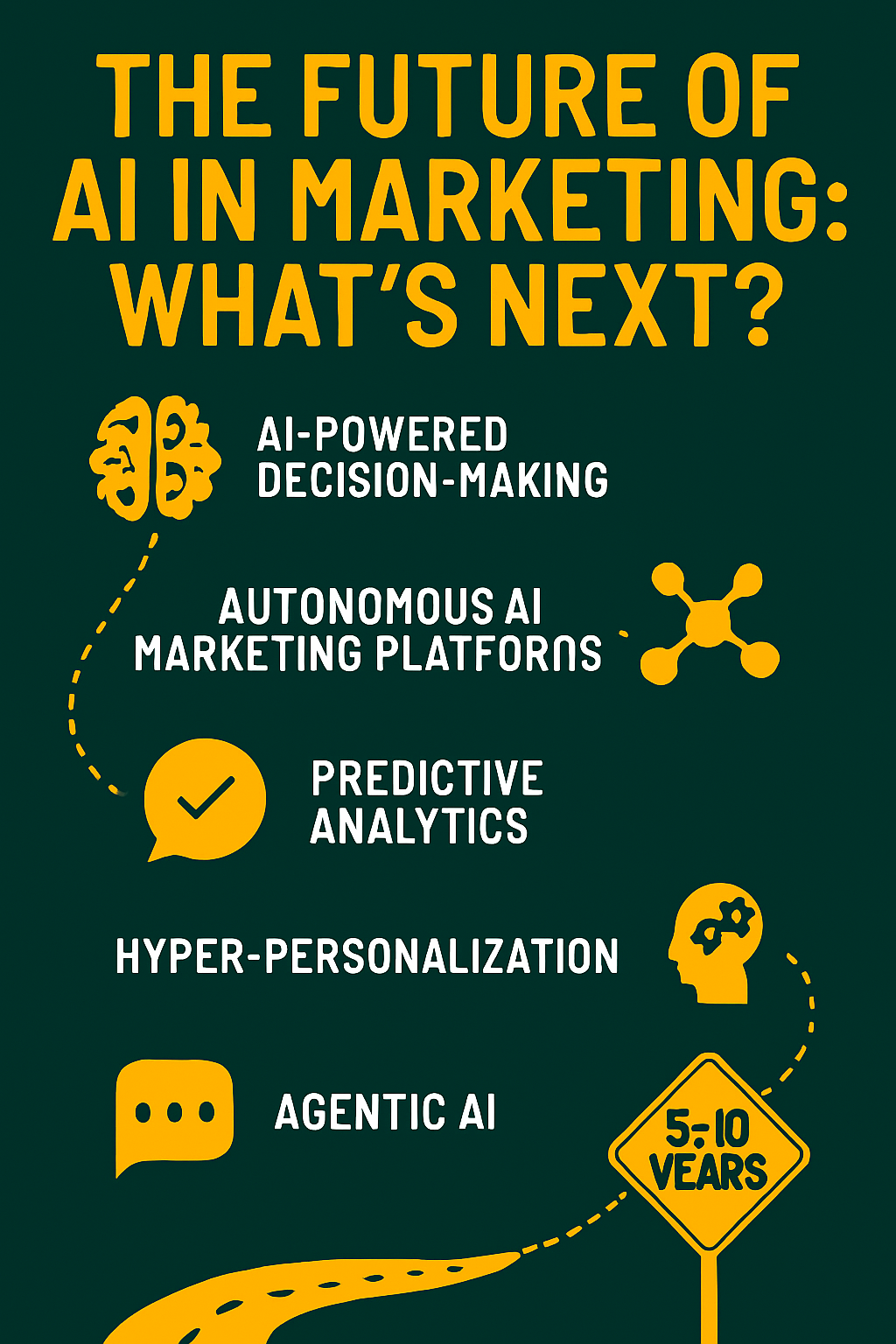
One of the most exciting developments on the horizon is Agentic AI—an autonomous system that doesn’t just assist marketers but actively takes over decision-making and campaign management. According to experts in the field, Agentic AI will be able to execute tasks end-to-end, from creating content to automating ad buys and analyzing performance. This will take AI in digital marketing automation to a whole new level, where human intervention is only needed for strategic oversight, rather than tactical execution. This shift will allow marketers to focus on higher-level creative and strategic initiatives, while AI handles the day-to-day operations at scale.
AI will also make customer segmentation and personalization more granular and dynamic than ever before. In the future, AI will be able to use real-time data to adapt to a customer’s needs, preferences, and behaviors instantly, creating a fully personalized experience. AI will understand not just what customers do but why they do it—giving marketers a level of insight that was previously unimaginable. With these capabilities, brands will be able to engage with their audience at a one-to-one level, increasing customer satisfaction, retention, and loyalty.
Another major advancement will be in AI-powered creativity. Today, AI is already helping with tasks like generating blog posts or ad copy, but in the future, AI could play a larger role in content ideation and creative processes. Think AI-driven tools that help you come up with marketing campaigns, design graphics, and even suggest new product ideas based on customer sentiment and trends. It’s not just about optimization anymore; it’s about AI creating alongside marketers.
And here’s the kicker—AI will continue to improve accessibility in digital marketing. As AI tools become more user-friendly, marketers without technical backgrounds will be able to harness the power of AI to supercharge their campaigns. This means that AI-driven marketing automation will no longer be the domain of large enterprises with big budgets—it’ll be available to everyone, leveling the playing field for small businesses, freelancers, and startups.
Ultimately, the future of AI in digital marketing isn’t about replacing marketers—it’s about empowering them. By automating repetitive tasks, providing smarter insights, and creating opportunities for personalized engagement at scale, AI is freeing up marketers to focus on what truly matters: strategy, creativity, and growth.
Looking ahead, how can you prepare for the AI revolution?
- Stay informed: Keep up-to-date with the latest trends in AI and digital marketing by following industry leaders and blogs like Marketing AI Institute.
- Adopt AI tools: Start experimenting with AI-powered tools like Jasper AI or HubSpot to improve your marketing efforts.
- Build AI skills: Consider taking courses on platforms like Coursera or Udemy to learn how to integrate AI into your marketing strategy.
Section 10: How Marketers Can Capitalize on AI: Turning Automation Into Revenue
By now, you’ve seen how AI in digital marketing automation is reshaping the landscape. From automating tedious tasks to optimizing ad campaigns and driving hyper-personalized customer experiences, AI is creating massive opportunities for digital marketers to make more money, faster. But how can you, as a marketer, capitalize on this AI revolution to build wealth and secure your place in the future of digital marketing?
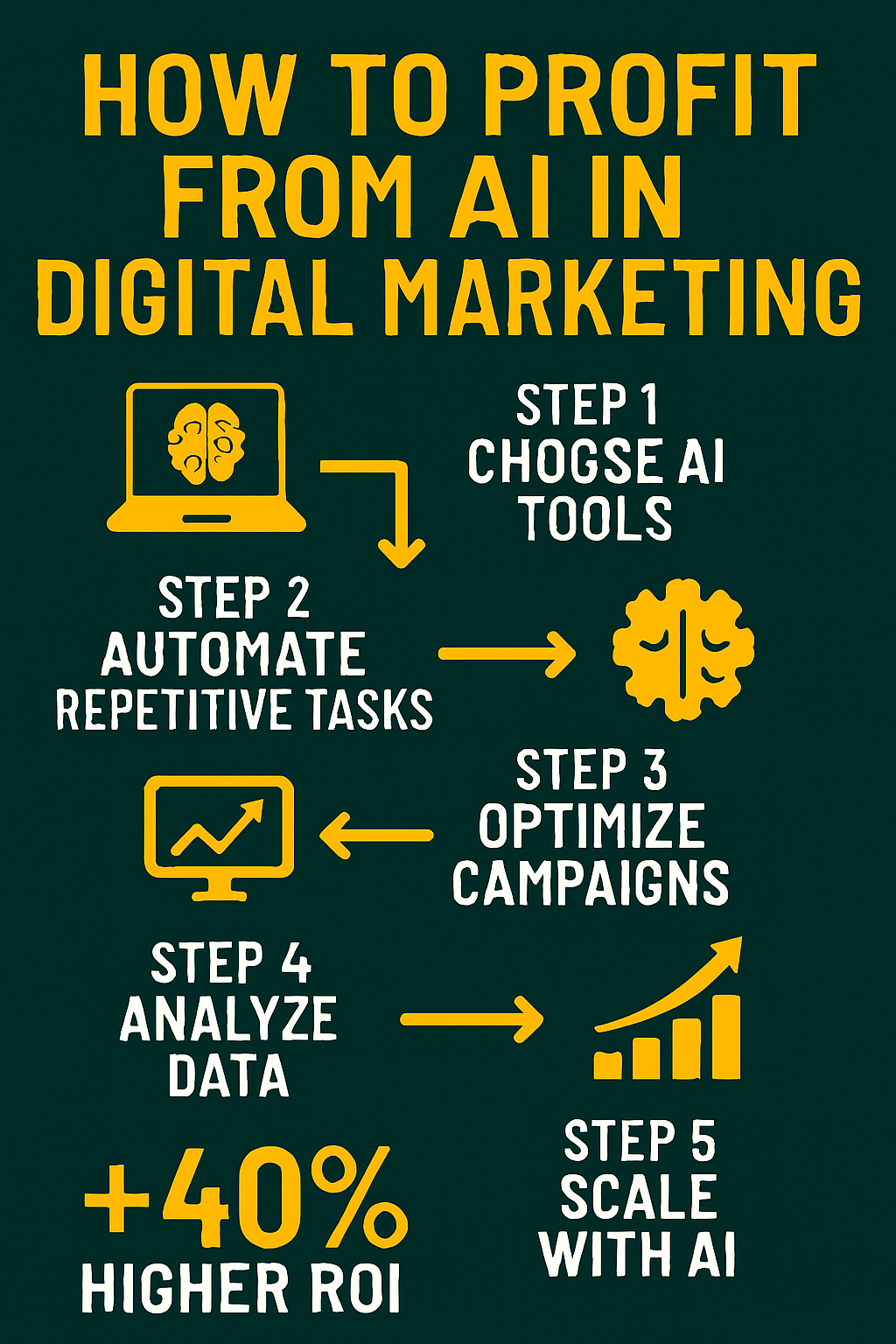
The first step is embracing AI as a tool, not as a replacement for your expertise. AI is here to handle the repetitive, time-consuming tasks, but it still needs a human touch for strategy, creativity, and decision-making. Marketers who embrace AI will see a huge boost in their productivity and efficiency, which translates into increased revenue.
1. Automate Low-Value Tasks
One of the easiest ways to capitalize on AI is by using it to automate tasks that don’t require your expertise. Things like scheduling social media posts, automating email sequences, and segmenting your audience based on behavior can all be done using AI-powered tools. By automating these processes, you free up your time to focus on high-value, strategic work that drives growth—such as refining your marketing strategies, building relationships, and creating new business opportunities. The more you can automate, the more time you can spend on scaling your business and increasing your income.
2. Get Smarter with Customer Data
AI is a goldmine for data analysis. By using AI-driven analytics tools, you can gather deeper insights into your customers’ behaviors, preferences, and pain points. Armed with this information, you can create hyper-targeted campaigns that speak directly to your audience, increasing the chances of converting them into paying customers. Whether it’s through personalized email marketing or targeted ads, AI enables you to deliver the right message to the right person at the right time. And this level of precision leads to higher ROI.
3. Leverage AI for Scaling Your Ads
Traditional advertising can be a huge drain on resources—especially when you’re manually testing different ad creatives and targeting options. But with AI-powered advertising platforms like Facebook Ads and Google Smart Bidding, you can take the guesswork out of your ad campaigns. AI can automatically optimize your bids, adjust targeting based on real-time data, and test multiple ad variations to ensure you’re getting the most out of your ad spend. This means you can scale your campaigns without increasing costs, ultimately driving more revenue with less effort.
4. Invest in AI-Powered Content Creation
Content is the lifeblood of digital marketing, but creating quality content takes time. Thankfully, AI tools like Jasper AI and Copy.ai can help you generate content faster and more efficiently. You can use AI to write blog posts, social media content, ad copy, and even email newsletters—all while maintaining a consistent brand voice. The more content you can produce, the more traffic you can generate, and the more opportunities you’ll have to monetize that traffic. Marketers who leverage AI for content creation can keep up with the demand for fresh content without burning out.
5. Continuously Optimize and Improve
AI doesn’t just help you automate; it helps you continuously improve. AI tools track the performance of your campaigns and make real-time adjustments based on what’s working and what’s not. With AI, you can gather insights from every interaction and tweak your strategies for maximum impact. This means your campaigns are always improving, and your marketing efforts become more efficient over time, leading to more consistent revenue growth.
6. Upskill and Stay Ahead of the Curve
One of the most powerful ways to capitalize on AI is by becoming an expert in it. AI is still a relatively new field, and marketers who master it will have a massive advantage. To stay ahead of the competition, upskill in AI tools, learn about machine learning, and familiarize yourself with emerging AI trends. Whether it’s by taking online courses or attending AI-focused marketing events, positioning yourself as an AI-savvy marketer will make you invaluable in an increasingly automated world.
7. Implement AI Across All Marketing Channels
AI isn’t just for one aspect of digital marketing—it can be used across the entire customer journey. From the moment someone sees your ad to the point they make a purchase and even post-purchase follow-ups, AI can automate and optimize every touchpoint. By integrating AI across all channels—social media, email marketing, SEO, paid ads, and customer service—you create a seamless experience for your customers, which results in more conversions, more loyal customers, and more revenue.
The bottom line?
The marketers who truly succeed in the age of AI in digital marketing automation are the ones who see AI as an opportunity, not a threat. By embracing AI and integrating it into your marketing strategy, you can automate the busy work, improve your campaign performance, and scale your efforts without scaling your stress. AI will not replace you as a marketer—but it will make you a whole lot richer.
Ready to take advantage of AI?
- Explore Jasper AI to streamline your content creation process and produce high-quality copy faster.
- Start using Marketo Engage for smarter marketing automation and data-driven decision-making.
- Upskill with courses from Coursera and Udemy to master AI tools and become an AI-driven marketing pro.
Conclusion: Embrace AI Now or Be Left Behind
Here’s the hard truth—AI in digital marketing automation is no longer a futuristic concept. It’s happening right now, and the marketers who don’t jump on this train will be left eating dust. AI is reshaping the industry at an exponential rate, transforming everything from content creation to customer service, advertising, and data analysis. If you’re not already leveraging AI in your marketing efforts, you’re missing out on the massive potential for efficiency, revenue, and growth.
The beauty of AI is that it’s not here to replace marketers—it’s here to empower them. AI takes care of the repetitive, mundane tasks, freeing you up to focus on the strategic, creative aspects of your campaigns. It’s the ultimate productivity tool that allows you to do more, in less time, with better results. Whether it’s automating your social media management, optimizing your paid ads, or personalizing customer experiences, AI is the key to unlocking scalable success in your digital marketing efforts.
The future of marketing is AI-driven. So, are you going to embrace it and make more money, or are you going to keep relying on old-school methods while your competitors leap ahead?
In this blog post, you’ve learned about 10 mind-blowing ways AI is revolutionizing digital marketing, from automating content creation to improving customer service with chatbots. You’ve seen how AI can enhance your SEO strategies, optimize ad campaigns, and help you better understand your customers’ behaviors. And you’ve also discovered how you, as a digital marketer, can leverage these AI tools to boost your income, scale your business, and stay ahead of the competition.
So here’s your next move: Start implementing AI-powered tools today. Explore platforms like Jasper AI, Marketo Engage, and Google Smart Bidding. Dive into the world of AI-driven customer personalization with tools like Dynamic Yield and Mailchimp. The opportunities are endless, and the tools are right at your fingertips.
AI is here to make your life easier, your campaigns more profitable, and your digital marketing efforts more impactful. The question is—are you ready to embrace it and step into the future, or will you continue to play catch-up?
The choice is yours.
Next Steps to Take
- Start with AI tools: Implement AI-powered platforms in your digital marketing campaigns today.
- Stay ahead: Follow AI-focused blogs and news sources like Marketing AI Institute to stay updated on trends.
- Master AI: Invest time in learning about AI tools and how they can be applied to your marketing strategy by enrolling in courses on Coursera or Udemy.
Ready to level up your marketing game with AI? The future is here—don’t let it pass you by.
FAQs
- Will AI completely replace digital marketers?
- Answer: No, AI is not here to replace digital marketers, but rather to assist them. It automates repetitive tasks like content generation, data analysis, and customer service, allowing marketers to focus on higher-level strategy, creativity, and decision-making. Think of AI as a tool that amplifies your capabilities and makes you more efficient.
- What are some popular AI tools for digital marketing?
- Answer: Some of the most popular AI tools for digital marketing include:
- Jasper AI for content creation
- Surfer SEO for content optimization and SEO
- Marketo Engage and HubSpot for marketing automation
- Google Smart Bidding and Facebook Ads for advertising optimization
- Chatfuel and ManyChat for AI chatbots in customer service
- Answer: Some of the most popular AI tools for digital marketing include:
- How can I start integrating AI into my marketing efforts?
- Answer: Start small by implementing AI tools that address specific tasks in your marketing workflow. For example, begin using AI for content creation (Jasper AI), or automate your email campaigns (Mailchimp or ActiveCampaign). As you get more comfortable, expand AI use to other areas like data analysis (Google Analytics) and social media management (Buffer or Hootsuite).
- Is AI in digital marketing cost-effective?
- Answer: While there might be an initial investment in AI tools, the long-term benefits make it a highly cost-effective solution. By automating repetitive tasks, improving targeting and optimization, and driving better results in content and advertising, AI can significantly reduce the cost of manual work and improve ROI on marketing campaigns.
- What skills should marketers develop to stay relevant in the age of AI?
- Answer: To stay ahead of the curve, digital marketers should focus on learning how to use AI tools effectively, understand data analytics, and stay updated on emerging AI trends. Upskilling in machine learning, automation, and AI-driven content strategies will help marketers maximize the potential of AI in their work.
- Can AI be used to personalize customer experiences?
- Answer: Yes, AI is extremely powerful for personalizing customer experiences. AI can analyze data such as browsing history, purchase behavior, and demographics to deliver personalized content, product recommendations, and messages to individual users. Tools like Dynamic Yield and Mailchimp are specifically designed to help marketers create tailored, personalized experiences at scale.
- What is Agentic AI, and how will it impact digital marketing?
- Answer: Agentic AI refers to fully autonomous AI systems capable of executing tasks and making decisions without human intervention. In digital marketing, this means AI could manage end-to-end campaigns, from creating content to optimizing ads and analyzing performance. It would drastically reduce the need for human input in day-to-day tasks, allowing marketers to focus on big-picture strategy and creativity.
- How does AI help with advertising optimization?
- Answer: AI can automatically optimize ad campaigns in real-time by analyzing user behavior, adjusting bids, and identifying high-performing ad variations. Platforms like Google Smart Bidding and Facebook Ads use AI to ensure that ads reach the right audience at the right time, resulting in better engagement and improved ROI on advertising spend.
- Can small businesses benefit from AI in digital marketing?
- Answer: Absolutely! AI is no longer just for large enterprises with big budgets. Small businesses can leverage affordable AI tools for content creation, marketing automation, social media management, and even SEO. The key advantage is that AI helps small businesses scale their efforts without requiring a huge team or large budget.
- How can I stay updated with the latest AI trends in digital marketing?
- Answer: To stay updated, follow AI-focused blogs, attend webinars and conferences, and join AI and digital marketing communities. Websites like Marketing AI Institute and AI News provide the latest developments in AI, and platforms like Coursera and Udemy offer courses to help you stay ahead of the competition.

